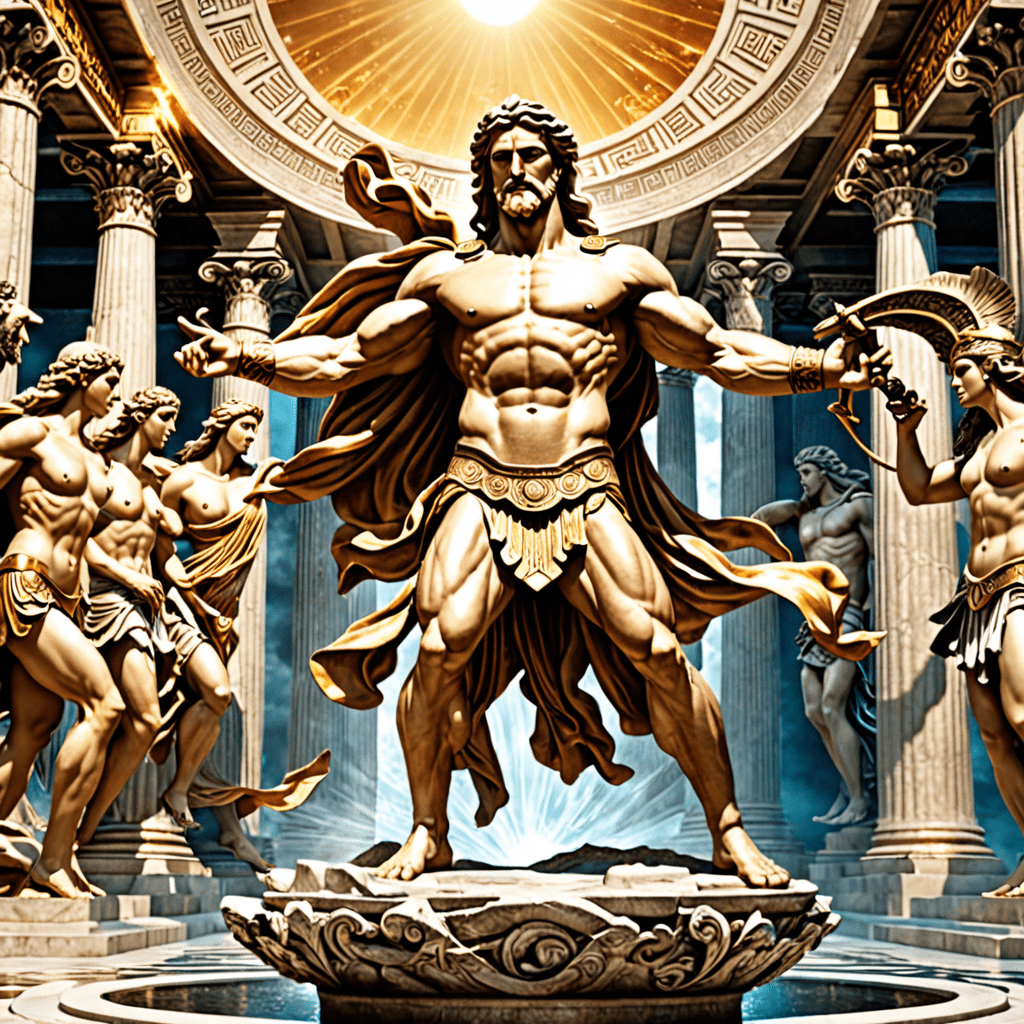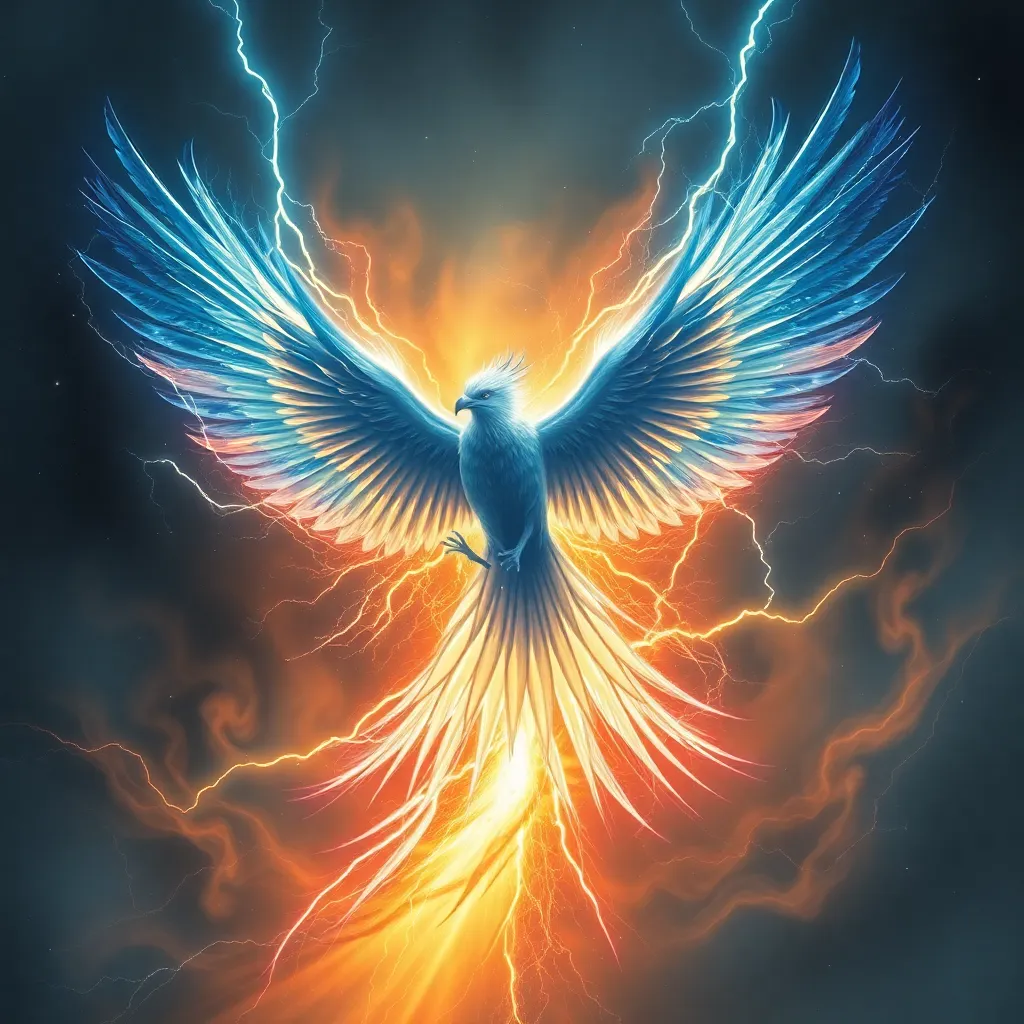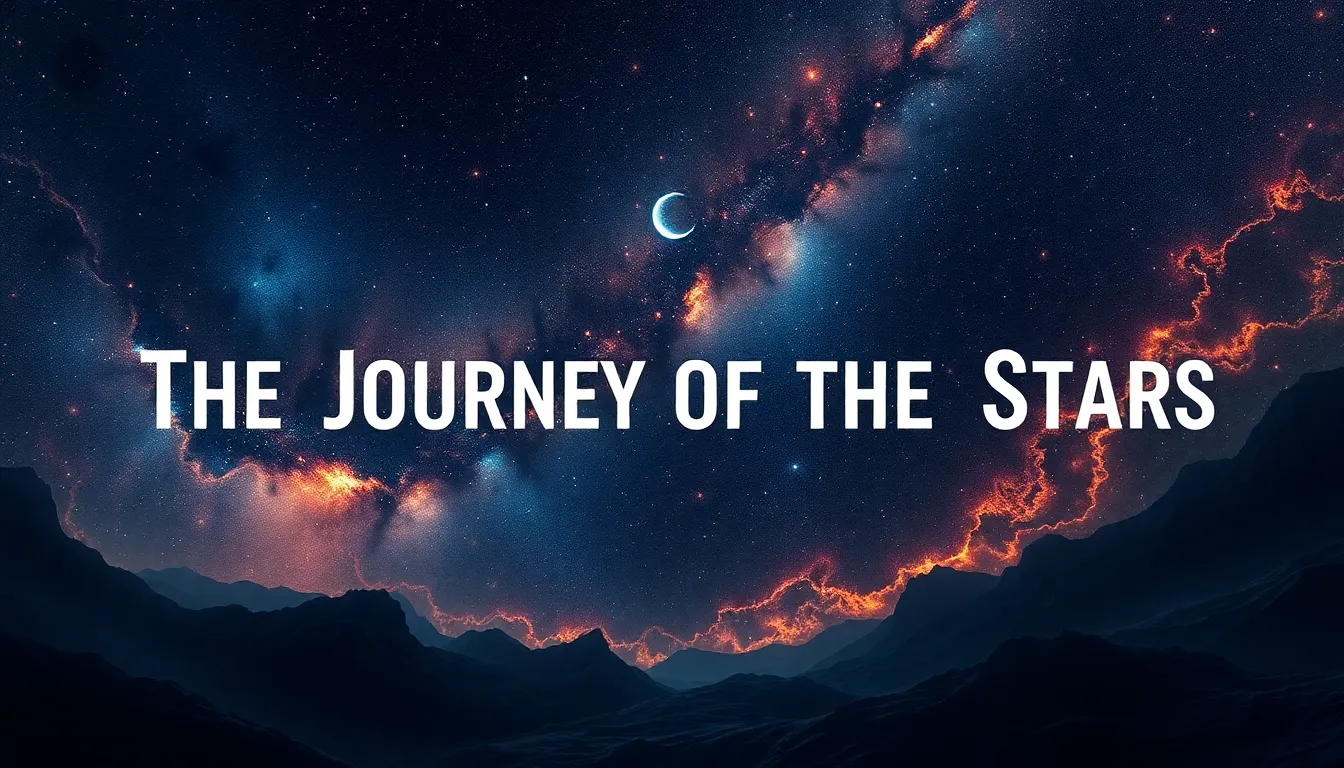Greek Mythology: Exploring the Depths of Power
Greek mythology is a realm teeming with captivating stories that delve into the complexities of power. Delving into this ancient world unveils rich narratives of gods, goddesses, heroes, and titans, each wielding unique forms of power. Let’s unravel the intricate web of power dynamics within Greek mythology.
The Nature of Power in Greek Mythology
Power in Greek mythology is not just about physical strength or authority; it encompasses a spectrum of forces, including divine power, wisdom, courage, and destiny. Gods like Zeus, Poseidon, and Hades exude immense power through control over various realms, while heroes like Heracles exemplify strength and resilience in overcoming challenges.
The Concept of Power Shifts and Struggles
Within Greek mythology, power dynamics are constantly in flux. Gods vie for supremacy, heroes challenge fate, and mortals navigate through the whims of the divine. This eternal struggle for power and influence shapes the myths, highlighting both the allure and the dangers of power.
Lessons on Power and Hubris
Through the stories of figures like Icarus, Narcissus, and Prometheus, Greek mythology warns against the pitfalls of unchecked power and hubris. The tale of Icarus flying too close to the sun serves as a cautionary reminder of the consequences of overreaching in the quest for power.
In essence, Greek mythology serves as a profound mirror reflecting the multidimensional nature of power. By immersing ourselves in these age-old tales, we gain insights into the complexities of power, the virtues it can embody, and the perils it can entail. The mythic tapestry of Greece continues to captivate and resonate with us, offering timeless wisdom on the intrinsic dynamics of power.
Frequently Asked Questions about Greek Mythology and the Concept of Power
What is Greek mythology?
Greek mythology refers to a collection of myths and stories that originated in ancient Greece, focusing on gods, heroes, and supernatural beings. These myths often explain natural phenomena and human experiences through the lens of divine entities.
How does Greek mythology depict power?
Power in Greek mythology is often associated with the gods and goddesses who wield immense influence over the world. They demonstrate power through control of elements, ability to shape destinies, and superiority in battles against Titans, monsters, and other beings.
Who are some powerful figures in Greek mythology?
Prominent figures showcasing power in Greek mythology include Zeus, the king of the gods known for his thunderbolt; Athena, goddess of wisdom and strategic warfare; and Hades, ruler of the underworld. Heroes like Heracles exhibit power through extraordinary strength and valor.
What role does the concept of power play in Greek myths?
Power in Greek myths symbolizes control, authority, and the ability to shape outcomes. It often leads to conflicts, challenges, and quests as characters strive to gain power, protect it, or challenge those who hold it.
How is power represented in Greek mythology compared to modern perceptions?
Greek mythology portrays power as both a divine gift and a source of conflict, reflecting the belief in fate



